Which Kitchen Scraps Can Your Chickens Eat: : An Essential Guides
- March 29, 2024
- 0 comment
Explore ‘Which Kitchen Scraps Can Your Chickens Eat: An Essential Guide’ to enhance your backyard chicken-keeping experience. This guide focuses on ensuring the health and well-being of your chickens through proper nutrition, helping you understand what kitchen scraps are safe and beneficial for them, aligning with sustainable practices, and the joys of home farming.
Happy hens, healthy coop! Find reviews on best chicken coop bedding, best chicken coop sand, best chicken coop flooring, best chicken coops (budget-friendly too!), and best automatic chicken coop doors & coop fans (2024).
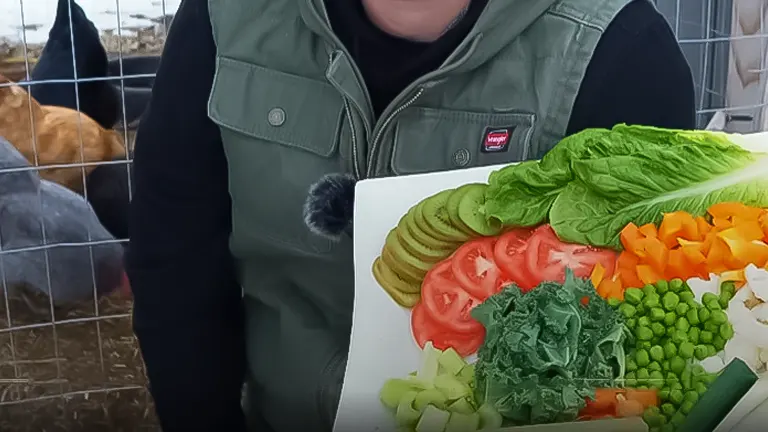
Understanding what to feed your chickens is vital, as a balanced diet is crucial for their health, longevity, and productivity in terms of egg-laying. This includes knowing which kitchen scraps are beneficial and which could be harmful or even toxic to your feathered friends.
List on Which Kitchen Scraps Can Your Chickens Eat:
- Safe Kitchen Scraps for Chickens
- Toxic and Dangerous Scraps for Chickens
- Feeding Guidelines for a Balanced Chicken Diet
- The Benefits of Feeding Kitchen Scraps
The Importance of a Balanced Diet
Chickens require a diet that includes proteins, carbohydrates, fats, vitamins, and minerals. Commercially available chicken feed is formulated to provide these nutrients in the right proportions. However, supplementing this feed with kitchen scraps can provide variety, additional nutrients, and enrichment, contributing to the chickens’ overall health and happiness.
1. Safe Kitchen Scraps for Chickens
Chickens are not picky eaters, but that doesn’t mean everything is good for them. Here’s a rundown of safe scraps:
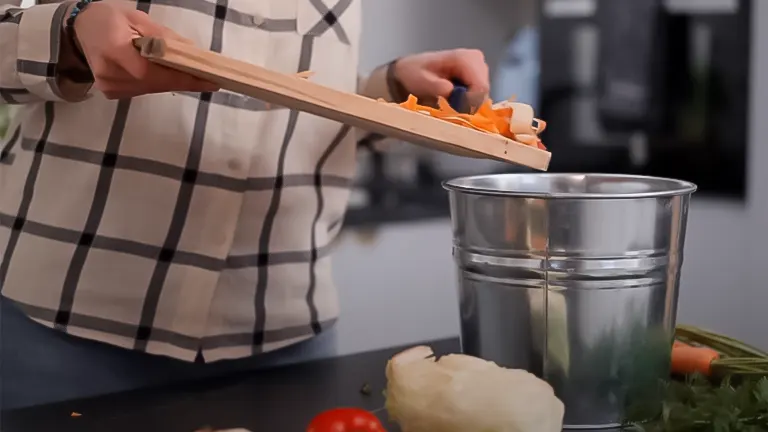
- Fruits without Pits or Seeds: Apples, pears, and berries are excellent, but ensure seeds and pits are removed to avoid cyanide poisoning.
- Vegetables Galore: Most vegetables are safe for chickens. Leafy greens like kale, spinach, and lettuce are particularly beneficial. However, ensure vegetables like potatoes and tomatoes are ripe and green parts are removed to prevent solanine poisoning.
- Cooked Grains and Pastas: Whole grains, rice, and pasta can be fed in moderation. They provide energy but can lead to weight gain if overfed.
- Protein Powerhouses: Cooked meat scraps, eggs (scrambled to avoid egg-eating habits), and fish offer high-quality protein. Avoid feeding chickens raw meats or fish to prevent the spread of bacteria.
2. Toxic and Dangerous Scraps for Chickens
Not everything in your kitchen is chicken-friendly. Some foods can be harmful or even deadly:
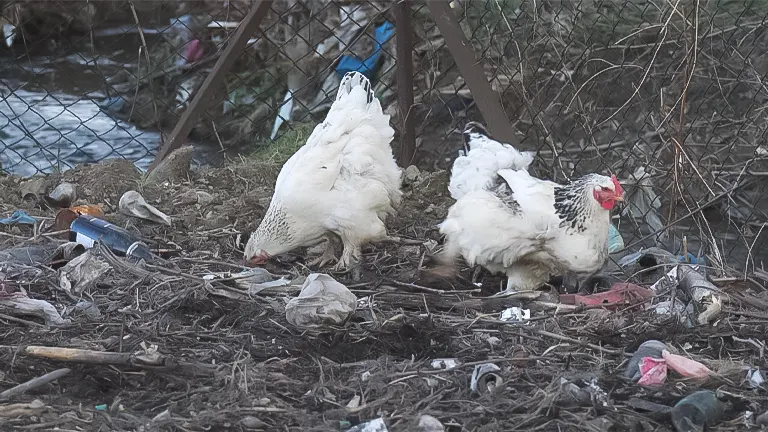
- Avocado: The persin found in avocado flesh and pits is toxic to chickens.
- Chocolate and Caffeine: Just like dogs, chickens should never eat chocolate or consume caffeine. These substances can be fatal.
- Citrus Fruits: Citrus can inhibit calcium absorption, leading to weaker eggshells.
- Onions and Garlic: In large quantities, these can cause anemia or flavor the eggs.
- Raw Beans: Contain phytohemagglutinin, which is toxic to chickens.
- Salty Foods: Excess salt is harmful to chickens, leading to dehydration and other health issues.
3. Feeding Guidelines for a Balanced Chicken Diet
Understanding what scraps are safe is just the beginning. Here’s how to feed them responsibly:
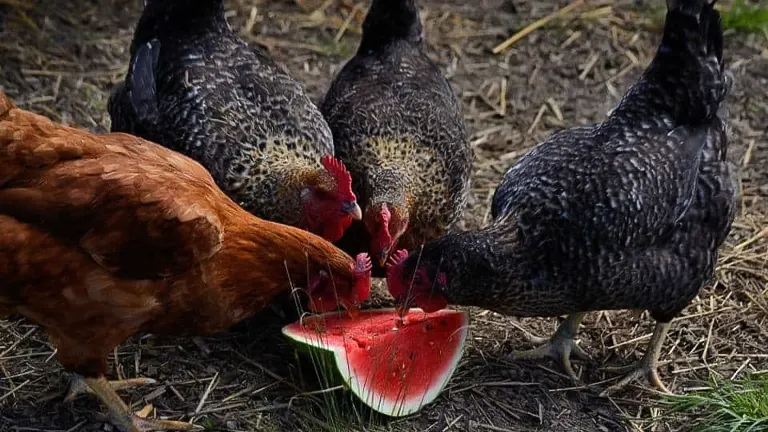
- Moderation is Key: Scraps should supplement, not replace, a balanced feed designed for chickens. Aim for scraps to make up no more than 10% of their diet.
- Diverse Diet: Offer a variety of scraps to ensure a range of nutrients. Stick to the safer options and introduce new foods gradually.
- Avoid Processed Foods: Highly processed foods are not suitable for chickens. They often contain unhealthy levels of salt, sugar, and fat.
- Clean Feeding Practices: Remove any uneaten scraps to prevent attracting pests or causing health issues.
- Fresh Water: Always provide access to clean, fresh water, especially if feeding dry or salty foods.
4. The Benefits of Feeding Kitchen Scraps
Beyond reducing waste, feeding kitchen scraps to chickens has several benefits:
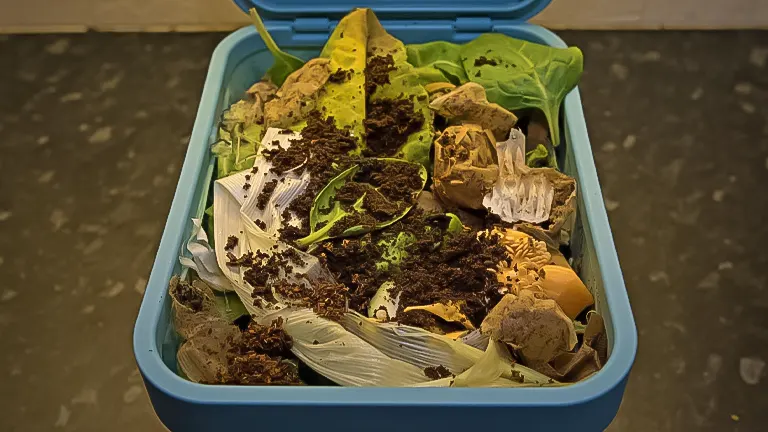
- Nutritional Boost: Many scraps are rich in vitamins and minerals, supplementing their diet in a natural way.
- Environmental Benefits: Repurposing kitchen waste reduces the amount of garbage sent to landfills.
- Behavioral Enrichment: Foraging for scraps mimics natural behaviors, keeping chickens entertained and engaged.
Advantages and Disadvantages of Feeding Kitchen Scraps to Chickens
Advantages
- Waste Reduction: Feeding kitchen scraps to chickens helps minimize food waste, turning potential trash into a valuable resource.
- Cost Savings: Utilizing scraps can reduce the cost of commercial chicken feed since it supplements their diet without extra expense.
- Nutritional Variety: Scraps can add diversity to the chickens’ diet, introducing a range of nutrients not always present in commercial feed.
- Environmental Benefits: By recycling kitchen scraps through feeding to chickens, you contribute to a more sustainable and eco-friendly food system.
- Behavioral Enrichment: Foraging for scraps mimics natural behavior, keeping chickens engaged and preventing boredom-related issues.
Disadvantages
- Potential Toxins: Some common kitchen scraps, like avocado and chocolate, are toxic to chickens and can lead to health issues or death.
- Nutritional Imbalance: Overreliance on scraps can lead to nutritional deficiencies, affecting the chickens’ health and egg production.
- Pest Attraction: Leftover scraps not consumed by the chickens can attract rodents and other pests, posing additional risks to the flock.
- Overfeeding: Without careful management, chickens may become overweight from excessive scrap feeding, impacting their health and productivity.
- Dietary Restrictions: Not all chickens can tolerate the same scraps, and certain foods may cause digestive issues or adversely affect egg flavor.
Additional Tips For Proper Feeding Solution
Ensuring your chickens are properly fed goes beyond just knowing what kitchen scraps they can and can’t eat. Here are five additional tips to consider for an optimal feeding solution:
- Balanced Diet: Ensure the core of your chickens’ diet is a high-quality, commercially available feed that’s formulated specifically for their age and type (e.g., layers or broilers). This guarantees they receive all the necessary nutrients.
- Clean Water Access: Chickens need constant access to fresh, clean water. Change their water daily to prevent the spread of diseases and encourage regular drinking, which is essential for their health.
- Regular Feeding Schedule: Maintain a consistent feeding schedule. Chickens thrive on routine and this helps ensure they get the right amount of food without overfeeding.
- Monitor Health: Pay close attention to your chickens’ health and egg production. Changes can indicate nutritional deficiencies or overindulgences. Adjust their diet accordingly.
- Seasonal Adjustments: Be mindful of the changing seasons. Chickens may require more energy in the form of carbohydrates during cold months and lighter, more water-rich foods during hot periods.
Related Articles:
- How to Keep Raccoons Away from Your Chicken Coop: Top Strategies
- How to Kill Rats in a Chicken Coop
- How to Clean a Chicken Coop with a Dirt Floor: Best Practices for Hygiene
- Raising Rare Peacocks: A Step-by-Step Hatching Guide
- 8 Beginner Chicken Care Mistakes To Avoid
- How to Make Incubator For Chicken Eggs: Insider Techniques and Tips
- How to Keep Ducklings Alive: A Step-By-Step for Method Guides
- 3 Reasons Your Chickens Stopped Laying Eggs
- What Should You Feed Your Chickens for Year-Round Egg Production? An Essential Guide
- How Do You Introduce New Chickens to Your Flock? A Step-by-Step Guide
- How to Create the Perfect Indoor Chicken Brooder: From Start to Outdoor Transition
- How to Create an Odor-Free Chicken Run: Enhancing Your Garden
- Easy Chicken Feed Savings and Coop Care Tips
- How to Ferment Chicken Feed: Discovering the Path to Robust Poultry
- Feeding Chickens with Your Garden: The Top Plants for a Healthy Flock
- Raising Chickens for Eggs: Easy Tips for Beginners
- Start Growing Animal Feed: A Beginner’s Guide to Homesteading
- Top 5 Chicken Coop Designs for Backyard Farmers: Ultimate Guide
- How to Create Your Own Black Soldier Fly Larvae Composting Bin: A DIY Guide
- How to Start A Black Soldier Fly Bin: A Step-by-Step Setup Guide
- Composting Chicken Manure: How to Boost Nitrogen Content
- Designing the Perfect Low-Maintenance Chicken Coop: Your Ultimate Guide
- Can You Put Lime in a Chicken Coop? Analyzing Safety and Best Practices
Final Conclusion
Incorporating kitchen scraps into your backyard chickens’ diet can be a rewarding practice that enhances their nutritional intake and reduces food waste. By understanding what is safe to feed them and what to avoid, you can ensure your chickens lead healthy, productive lives. Remember, a well-fed chicken is a happy chicken, and by taking care with their diet, you’re contributing to their well-being and to the sustainability of your backyard farm.
Frequently Asked Questions
- Can chickens eat all types of fruit?
While chickens can eat many fruits, some, like avocados and fruits with large pits or seeds (e.g., cherries, peaches), should be avoided due to toxicity or choking hazards. Always remove pits and seeds before feeding. - Are there any vegetables that are unsafe for chickens?
Yes, some vegetables are harmful to chickens. Avoid feeding them raw potatoes, tomatoes leaves, and any part of the rhubarb plant, as these contain substances that can be toxic to chickens. - Can chickens eat leftovers that contain meat?
Chickens can consume meat scraps in moderation, but ensure the meat is cooked and free from bones or tough pieces they might choke on. Avoid highly processed meats due to their salt and preservative content. - Is it safe to feed chickens dairy products?
In small amounts, dairy products like cheese and yogurt can be fed to chickens as a source of calcium and proteins. However, chickens have limited lactose tolerance, so these items should be given sparingly. - How should I prepare kitchen scraps before feeding them to my chickens?
It’s best to chop or break down scraps into smaller pieces to prevent choking. Cooking or steaming hard vegetables can make them easier to eat. Always remove any moldy or spoiled parts. - Can chickens eat cooked rice or pasta?
Yes, chickens can eat cooked rice and pasta in moderation. These should be plain, without sauces or spices, as certain ingredients might not be safe for chickens. - How often can I feed my chickens kitchen scraps?
Kitchen scraps should not make up more than 10% of your chickens’ diet. Their primary nutrition should come from a balanced poultry feed to ensure they get all the necessary nutrients. - Are there any risks to feeding chickens kitchen scraps?
The main risks include potential exposure to toxic foods and the possibility of nutritional imbalances if scraps are overfed. Monitor what you feed closely and stick to safe, healthy options. - Can feeding scraps affect the taste of the eggs?
Some foods, like garlic and onions, can impart flavors to eggs when fed in large quantities. Moderation is key to preventing any unwanted changes in egg flavor. - What should I do with scraps that are not safe for chickens?
Scraps that are unsafe for chickens should be composted, if possible, or disposed of securely to avoid accidental ingestion. Always err on the side of caution when deciding what to feed your chickens.

Edward Smith
Forestry AuthorWoodworking is about more than crafting; it's a harmonious connection with nature, mastering tools, and preserving our environment. I'm here to share my knowledge and experiences with you, forging a future where we can embrace wood's beauty and utility while safeguarding our forests' health and diversity.

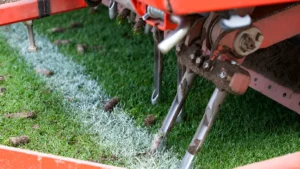










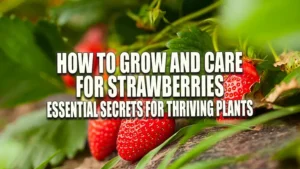
Leave your comment